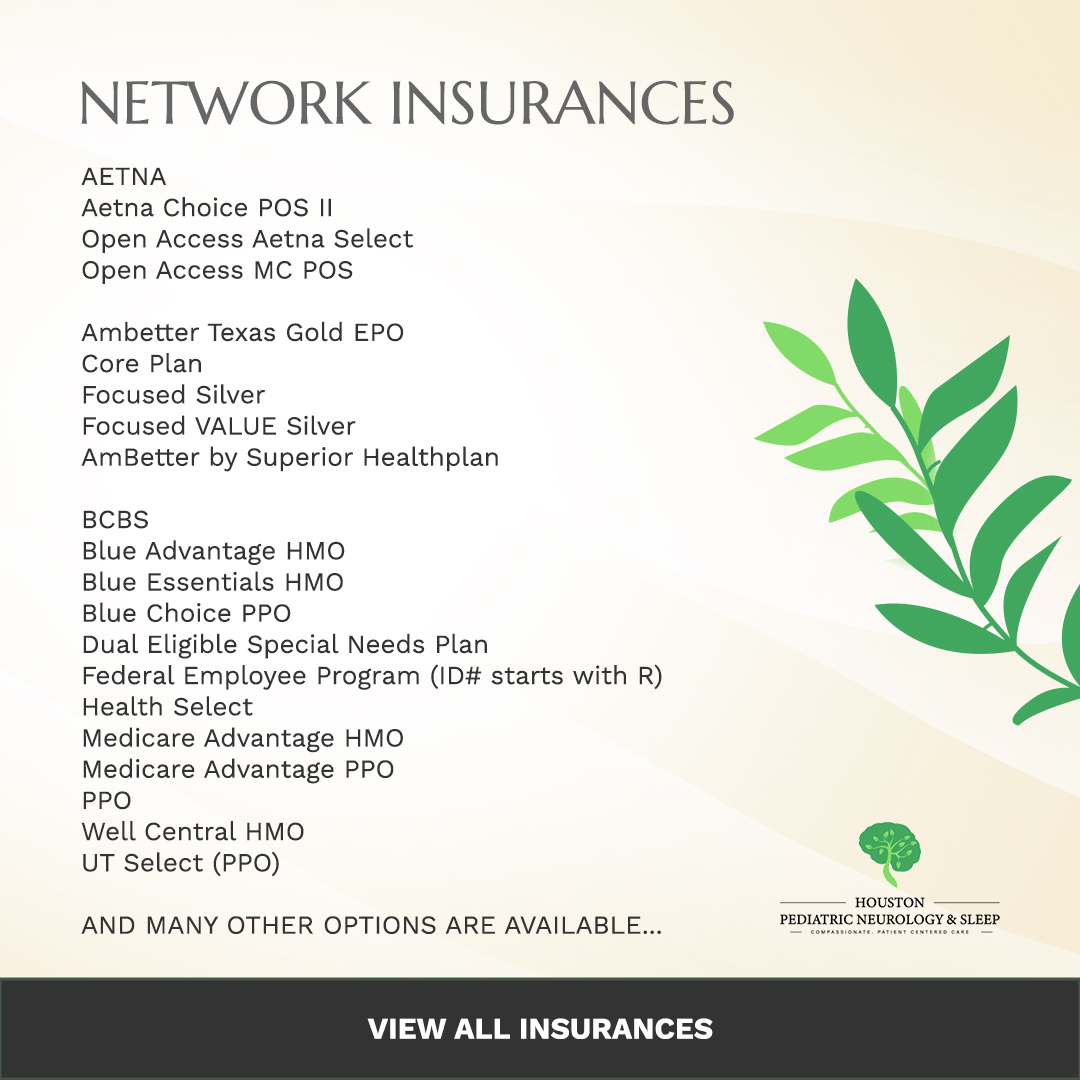
Autism, or Autism Spectrum Disorder (ASD), is a complex neurodevelopmental disorder that impacts social interaction, communication, interests, and behavior. It is termed a "spectrum" disorder because individuals with autism can have a range of symptoms, from mild to severe. Autism affects individuals differently and to varying degrees, making it a unique experience for each individual.
Understanding Autism
Understanding autism is like trying to solve a complex puzzle. The pieces are diverse and unique, and they come together in different ways for different people. Autism is not a single condition, but rather a spectrum of closely related conditions with shared core symptoms.
The most common signs of autism usually involve difficulties with social interaction, communication, and behavior. Individuals with autism often have trouble interpreting what others are thinking and feeling, which can result in difficulty interacting with others. They may also display repetitive behaviors or intense interests in specific topics.
Autism is often accompanied by sensory sensitivities. People with autism may be overly sensitive to certain sounds, textures, tastes, and smells. They may also have difficulty with motor coordination, sleep disorders, and gastrointestinal problems.
Recognizing the Signs of Autism
Recognizing the signs of autism is the first step towards getting the necessary help and support for your child. Early detection can significantly improve the quality of life for individuals with autism and their families.
The signs of autism can vary greatly, but they are generally present from early childhood and affect daily functioning. Some early signs of autism include lack of eye contact, delayed speech and language skills, repetitive behaviors, and restricted interests.
Children with autism might not respond to their name by 12 months of age, and they might not point at objects to show interest by 14 months.
In older children and adults, signs of autism can include difficulties with social interaction, problems with communication, and restricted interests. They might have trouble understanding the emotions of others or talking about their own feelings.
The Importance of Early Detection
Early detection of autism is crucial. It can lead to early intervention, which can significantly improve a child's development. Early intervention can help children with autism learn important skills, such as how to communicate, interact with others, and take care of themselves.
Early detection of autism isn't just beneficial for the child, but it can also have a significant impact on the family. It can enable parents to better understand their child's needs and to access the necessary resources and support.
When to Seek Professional Help
If you suspect that your child may have autism, it's essential to seek professional help as soon as possible. The earlier a child is diagnosed with autism, the sooner they can begin receiving the necessary support and intervention services.
Even if your child isn't showing clear signs of autism, but you have concerns about their development, it's still worth discussing these concerns with a doctor. They can provide reassurance and guidance, and if necessary, refer you to a specialist for further evaluation.
Schedule an Evaluation for Your Child Today
Understanding autism can be a challenging journey, but it's one that can lead to a deeper appreciation of the unique strengths and abilities of individuals who have it. Recognizing the signs and seeking professional help early can make a significant difference in the life of the individual and their families.
If you are concerned about your child's development or suspect your child may have autism, contact Houston Pediatric Neurology & Sleep at our office in Houston or Sugar Land, Texas. We provide exceptional care and support to children and their families in the fields of Pediatric Neurology and Sleep Medicine. Please call (832) 252-9320 to schedule an appointment today.









